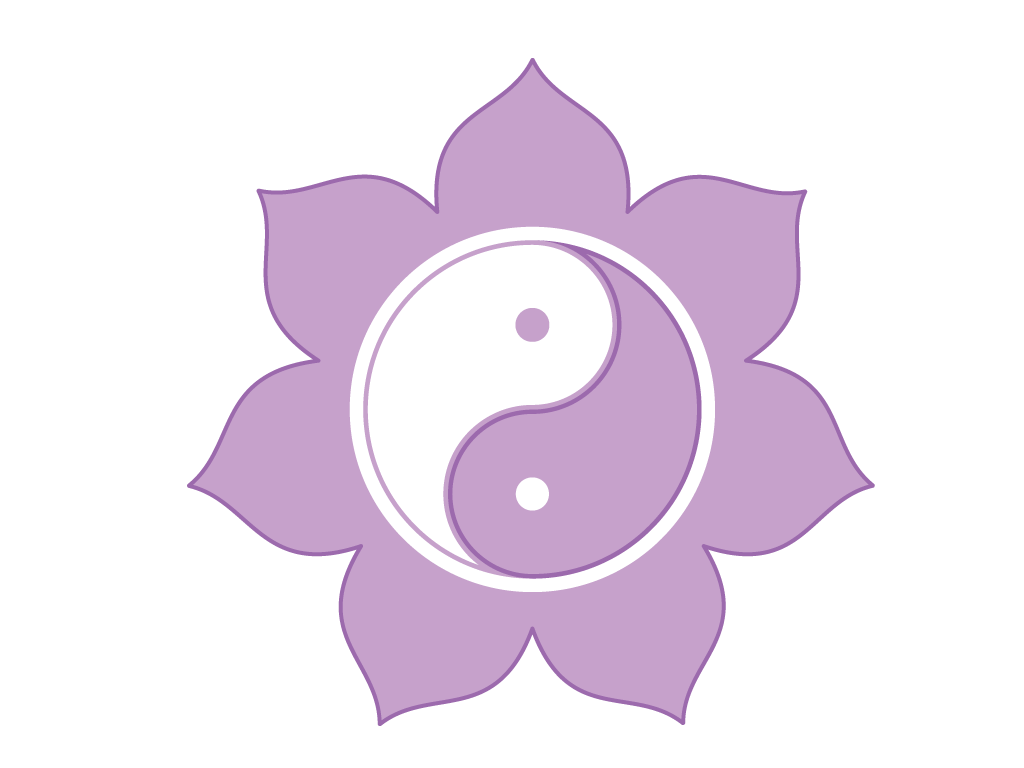Picture this: a demanding work schedule, looming deadlines, personal obligations, and the whirlwind of everyday life. The stress, it seems, is inescapable. But what many don’t realize is that stress doesn’t just affect our mental state; it can manifest physically too. Enter acupuncture, a centuries-old practice that offers relief not just for the mind, but for the body as well.
Understanding Stress and its Physical Impact
Stress is our body’s natural response to perceived threats or pressures, triggering a cascade of physiological changes. When stress becomes chronic or overwhelming, it takes a toll on our physical well-being, often manifesting in various ways:
Tension and Pain: Ever felt that knot in your shoulders or a headache that won’t quit? Stress-induced muscle tension and headaches are common physical manifestations, often signaling an overactive stress response.
Digestive Issues: Stress can upset the delicate balance of our digestive system, leading to issues like irritable bowel syndrome (IBS), indigestion, or stomach ulcers.
Weakened Immune System: Chronic stress can compromise our immune function, making us more susceptible to infections, allergies, and other illnesses.
How Acupuncture Steps In
Acupuncture, with its gentle approach and precise needle placement, offers a holistic solution to tackle these physical manifestations of stress.
Relieving Muscle Tension: Those tiny, strategically placed needles? They work wonders. Acupuncture targets specific points to release muscle tension, promoting relaxation and relieving those knots and tightness that often accompany stress.
Alleviating Headaches: Acupuncture has been shown to reduce the frequency and intensity of tension headaches and migraines. By stimulating certain points, it helps ease head pain and improve blood flow to the brain.
Restoring Digestive Harmony: Acupuncture’s balancing effect on the body extends to the digestive system. By regulating the nervous system and reducing inflammation, it can alleviate symptoms of stress-related digestive issues.
Boosting Immune Function: Studies suggest that acupuncture may modulate the immune system, promoting a more robust defense against illnesses triggered by chronic stress.
What a Session Looks Like
If you’re considering acupuncture for stress-related physical symptoms, here’s what to expect:
Consultation: Your acupuncturist will discuss your symptoms, stress triggers, and health history to tailor the treatment plan to your specific needs.
Needling: Don’t worry; the needles are thin and generally painless. They’ll be inserted into specific points, often resulting in a tingling or relaxing sensation.
Relaxation: Most people find acupuncture deeply relaxing. It’s your time to unwind and let the treatment work its magic.
Embracing Balance and Wellness
As you navigate life’s demands, remember that managing stress isn’t just about mental well-being. It’s about nurturing your body too. Acupuncture offers a holistic approach, addressing the physical toll that stress takes on our bodies.
Whether it’s soothing muscle tension, easing headaches, calming digestive woes, or fortifying your immune system, acupuncture might just be the missing piece in your stress management puzzle.
Give yourself the gift of relief and restoration. Consider acupuncture as a gentle, effective tool to ease the physical burdens of stress, helping you find balance and wellness in the midst of life’s chaos.
Always ensure to consult with a licensed acupuncturist for personalized advice and treatment. If you’re curious if acupuncture might benefit you, I invite you to book a free consultation by clicking on the Book Now link above.
Unwinding the Knots: How Acupuncture Eases the Physical Toll of Stress

Acupuncture is a great way to clear stress from your body. In my office, I have soft lighting, soothing music, and a calm demeanor to encourage deep relaxation.
